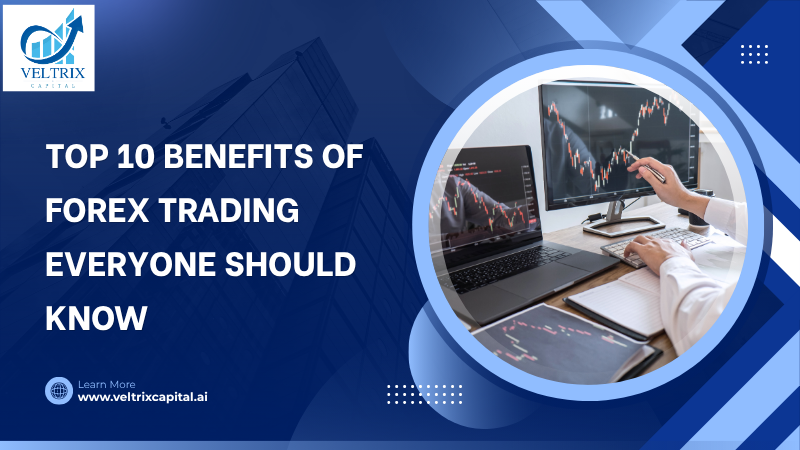Organizing an event is no small feat. It’s easy to get caught up in the chaos since there are a lot of things to manage. The one big question that remains is “How do you know if your event was a success?”
That’s where event KPIs (Key Performance Indicators) come into play. These are the measurable data points to understand if the event met its goals.
Tracking the right event metrics helps you make smarter decisions, refine your strategy, and show your stakeholders the real value of your hard work. So, let’s break down the 10 essential event performance indicators every planner should be keeping an eye on.
1. Registration and Attendance Rates
This is the first and most basic indicator of event success. How many people registered? And how many actually attended?
Something might have gone wrong in the follow-up process when the registration numbers are high with low attendance. The chances are, your reminders weren’t strong enough, or the timing wasn’t ideal.
Tracking both figures helps you identify your event’s true reach and interest level. Over time, you can use these event success metrics to predict attendance trends and improve audience targeting.
Tip: Compare registration vs. attendance year after year to measure growth and retention.
2. Revenue and Ticket Sales
For ticketed events, your event KPIs must include financial performance. Understanding where your revenue came from and how much you spent is essential to determining your event’s profitability.
Total tickets sold, revenue by ticket type, or the last-minute sales can be some of the metrics you can look at. The event metrics often tell you about the best marketing strategies and what worked best.
3. Attendee Engagement Levels
An engaged audience is a happy audience. Measuring engagement provides insights into how participants were involved throughout the event.
There are several engagement tools, including session participation, polls, live Q&A and social interactions. The event platform likely provides insights into attendees’ interactions, popular sessions, and people connected at the event.
4. Session Popularity and Ratings
Not all sessions are created equal, and tracking their performance helps you plan better content next time.
Collect feedback through surveys or star ratings. Ask attendees about:
Speaker effectiveness
Session relevance
Key takeaways
These event performance indicators show you what resonated with your audience and what didn’t. If one topic or speaker consistently gets rave reviews, you’ll know what to double down on for future events.
5. Social Media Buzz
Social media is one of the easiest ways to measure how far your event’s energy spreads. Hashtags, mentions, shares, and engagement are all solid event success metrics.
If attendees are posting photos, tweeting quotes from speakers, or tagging your event profile, that’s a sign of genuine excitement.
Track metrics like:
- Event hashtag mentions
- Total reach and impressions
- Engagement rate (likes, comments, shares)
This not only gives you insight into your event’s online footprint but also helps you gauge your brand’s visibility.
6. Lead Generation and Conversion
If your event’s goal is to generate business opportunities, lead metrics are your best friends. This is one of the most critical key performance indicators for events, especially for B2B and trade events.
It’s always good to measure leads collected, qualified leads, or conversion rate.
These metrics can be tracked with event apps or exhibitor portals.
7. Event ROI (Return on Investment)
At the end of the day, every event boils down to one question: Was it worth it?
Event ROI is the ultimate event KPI, comparing what you spent against what you gained. The formula is simple:
ROI = (Revenue – Cost) ÷ Cost × 100
A positive ROI means financial success, but don’t stop there. Factor in indirect benefits like brand exposure, new partnerships, and long-term audience engagement.
8. Sponsor and Exhibitor Satisfaction
Your sponsors and exhibitors aren’t just contributors, they’re partners. Their satisfaction is a key measure of event success.
Survey them after the event to understand how well their expectations were met. Did they get enough exposure? Were they happy with the attendee traffic at their booths?
Track these event performance indicators alongside lead generation data. When sponsors are happy, they’re far more likely to invest in your next event.
9. Networking and Connections Made
One of the biggest draws of in-person and hybrid events is networking. That’s why this is such an important event success metric to measure.
The numbers show how effectively your event helped people connect. And when attendees make meaningful connections, they’re much more likely to return in the future.
10. Post-Event Engagement and Retention
Your event’s success doesn’t end when the lights go out. Post-event engagement shows how well you managed to sustain interest.
The event metrics measure the long-term attendee satisfaction. With the strong audience connection, it’s a sign that your event left a lasting impression.
Making Sense of the Data
Tracking event KPIs is one thing, but turning numbers into insights is where the real value lies.
Use event reporting tools to visualize and interpret data. Look for trends like which marketing channels drive the most registrations or which content gets the most attention.
Combine hard data (like attendance and ROI) with soft data (like feedback and ratings). Together, they tell the complete story of your event’s success and provide a blueprint for future planning.
Pro tip: Don’t wait until the event ends to start tracking. Monitor your KPIs before, during, and after the event for a 360-degree view of performance.
Wrapping It Up
Events today are more data-driven than ever. Gone are the days when success was just about headcounts and applause. With the right event KPIs in place, you can measure impact, prove ROI, and continually elevate your event strategy.
Whether it’s engagement rates, revenue, or lead conversions, each of these event metrics gives you a piece of the bigger picture. By tracking and analyzing them through effective event reporting, you’ll know exactly what’s working and what’s not.
So, the next time you plan an event, don’t just focus on logistics. Focus on results. Let your event performance indicators guide you, and you’ll be well on your way to planning not just successful events, but unforgettable ones.




Leave a Reply